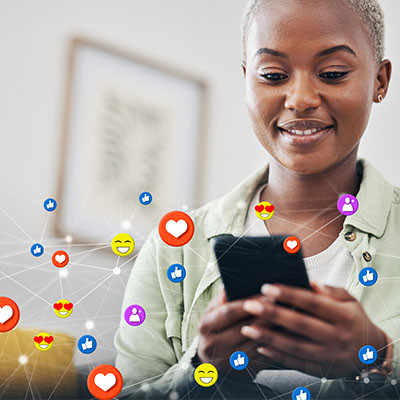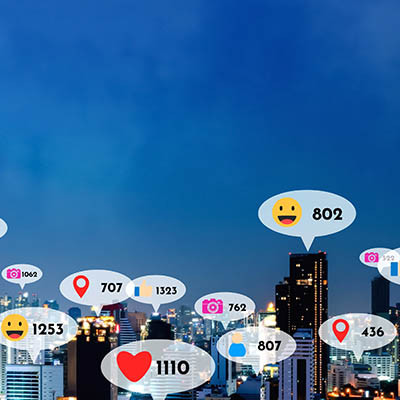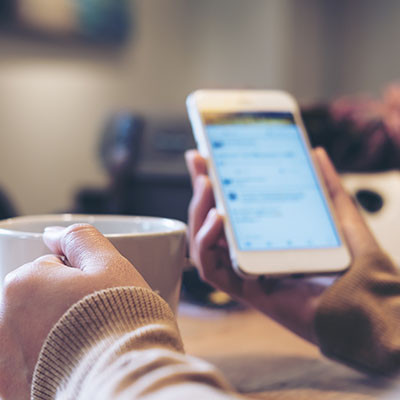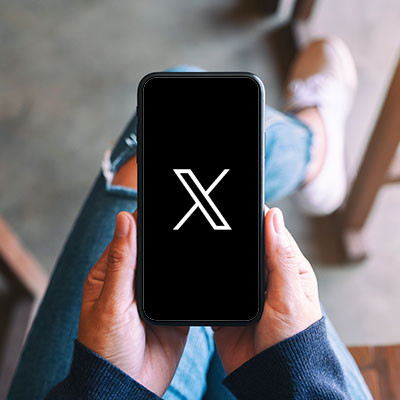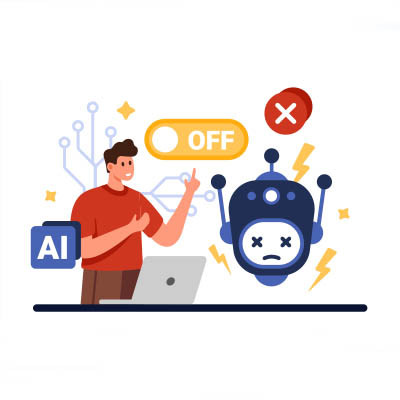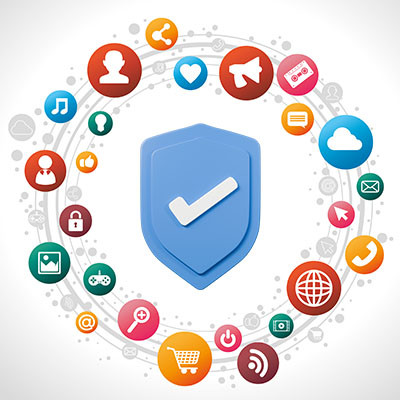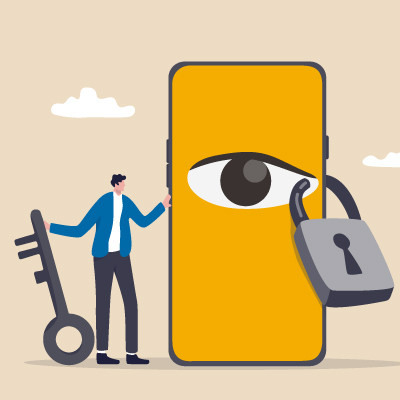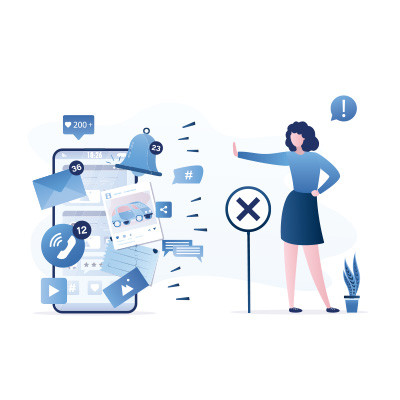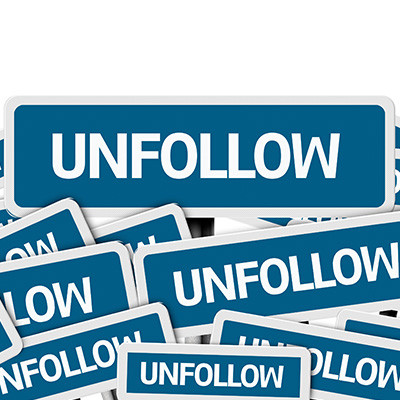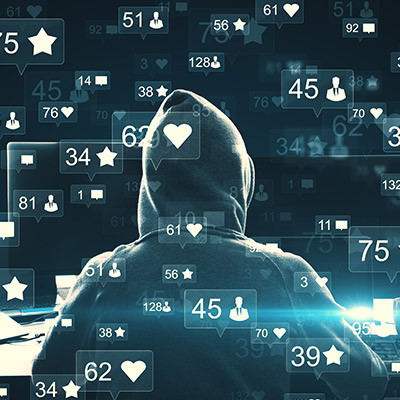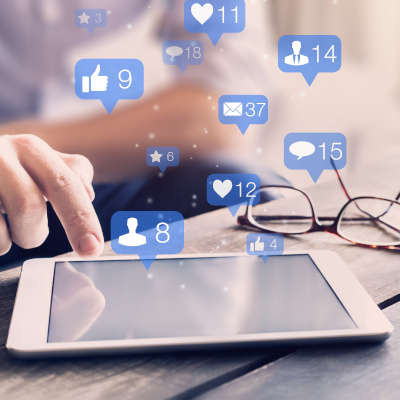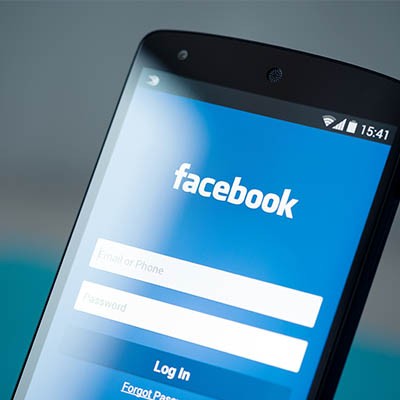Unless you’ve been living off the land in the wilderness for the past couple of decades, you’ve heard of Facebook, Twitter (now X), and Instagram. Most people have some type of social media presence on one or all of these platforms (or at least on LinkedIn, TikTok, or YouTube). Many businesses once used or currently use these platforms as a part of their marketing efforts, and despite being billion-dollar companies, there are some serious concerns about the viability of these platforms going forward. In this week’s blog, we will discuss some of the problems people are having with these established social media platforms and how alternatives might just be the future of social media.
CIT Solutions Blog
Bluesky is the new kid in town regarding social media platforms, which means that most users may not have a significant following on it yet… and new users may not be following many at all. However, a few baked-in options make it much simpler for the latter to curate their experience on the platform.
Let’s go over how a user can find new accounts to follow on Bluesky.
Last week, we discussed why X—the social media network once known as Twitter—has been losing many users. Here, we wanted to direct those seeking a move to consider the up-and-coming platform known as Bluesky in case you were one of those jumping ship.
Let’s talk about how Bluesky operates, including how to sign up.
X The Everything App®, formerly Twitter, has been experiencing a massive user loss for the past few weeks, with everyone from celebrities to average people evacuating from the platform. If you wish to join them for any reason, we’re sharing the process for fully extricating yourself and your data from this specific social media network.
Artificial intelligence is everywhere, and it is making data more valuable than ever. This is because AI platforms rely heavily on data to function effectively. Many platforms and services collect data from their users to fuel these algorithms. LinkedIn has recently been found to do this—by default—without properly informing its users or updating its terms of service.
You can do everything in your power to secure your social media accounts and lock down your privacy settings. Still, at the end of the day, social media users expose themselves to a torrent of information and content every time they log on. As a civilization, we’ve never really had something like this before. These platforms curate content that the user wants to see to keep the user coming back and staying longer. It’s inherently designed to be enticing and addicting, which is dangerous for certain individuals.
Then, there are scams and an endless stream of grifts that pose a wide range of additional problems for users.
Let’s talk about ways you and those you care about can be safer on social media.
Social media is constantly evolving, and if the big social networks had it their way, it would be the only place people go when they log onto the Internet. Whether you have strong feelings for or against social media, or perhaps you are indifferent, it’s important to understand how to protect yourself when using social media.
In the relatively short time it has been around, social media has fully ingrained itself into our lives, personally, professionally, and socially. While there are considerable benefits to be had in all of these areas, it is also undeniable that social media can easily become overwhelming and negatively impact us. For this reason, occasionally taking a break from social media isn’t a bad idea. Let’s go over a few ways to make this break as successful and effective as possible.
Social media can be remarkably overstimulating, and for some users this is a problem which is difficult to navigate without giving it up entirely. If you want a nice middle-ground to terminating your account entirely, you can instead curate your news feed by unfollowing accounts that don’t enrich your day. Let’s go over how you can do this.
We’ve all seen our friends and family sharing quizzes on their social media profiles, prompting people to find out what their celebrity stage name or what Hogwarts house you would be in, or to share what their first concert experience was. These fun, lighthearted quizzes are a great way to get to know a little more about the people we’re connected with… and that’s the biggest problem.
Ask someone what they think social media has done for society, and you will likely hear a series of complaints about how it is the driving force behind the most divisive period in human history. While their perspective is interesting, it is also wrong. Today, we thought we would take a look at how some of today’s most controversial technologies are working to improve society.
Social media has turned out to be a culture-defining technology. The massive amounts of people that use the services each week, and the large amount of time people spend on these platforms, makes them important resources for the lion’s share of businesses. The fact that the average user spends around two hours and 24 minutes per day perusing their social media gives businesses opportunities that weren’t available to them only a few short years ago. Today, we thought we would give you a look at how different sizes of SMBs utilize this technology.
The United States of America is well into its 2020 election season. Social media platforms, and other online services, are taking notice. Given the misuse of social media and other platforms in past contests, there is little wonder that there is some very real pressure on these platforms to establish policy and security measures to prevent these behaviors this time around.
Here, we’ll take a neutral look at the situation, and explain the initiatives that online platforms are now enacting.
For many, Facebook is a huge part of daily life, whether you want to think of it that way or not. There are more than two billion active users. That means if you pluck any 4 random human beings from anywhere in the world, at least one of them likely logged into Facebook today.
It’s important to know that you still have control over your information, so in today’s blog we’re going to talk about a few ways you can take control over your online identity on the world’s largest social network.

